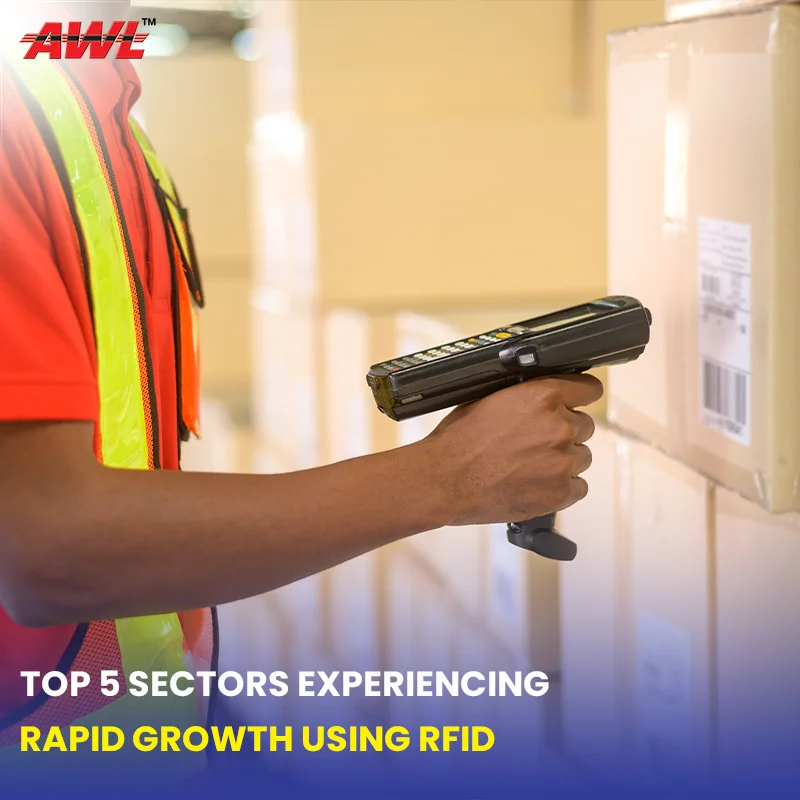

The Internet of Things (IoT) impacts everything from transportation systems, robotics, as well as manufacturing processes and is continuing to expand in several sectors. The anticipated benefits of IoT are widely touted. It can create several new business opportunities by collecting the data and then analyse it to reveal the new capabilities. The Internet of Things in Supply chain management and logistics can bring new changes to the system. IoT can play an integral part in the growth of the logistic industry.
Internet of Things (IoT) is a network of physical objects that capture data and encapsulate connectivity to exchange the formation over the internet. The objects can be computing devices, mechanical devices, and digital machines. Now, most of the companies are looking forward to investing a hefty amount in IoT across all their verticals. Supply chain management needs to identify some very specific jobs that IoT can solve and then start looking at making the business case for moving further along.
The Internet of Things provides smarter management to the supply chains can embrace by tightening the supply processes using sensors and intelligence devices. In the long term, IoT can provide an advantage to the logistics in terms of facilitating visibility and also create a digital footprint for the organisation. IoT helps the companies to accumulate data and apply data science, it unlocks a lot of potential for the organisation.
1. Security is one of the major factors in supply chain management and IoT can ensure the integrity the organisation requires to maintain the privacy of data. By raising security in the logistics sector, IoT helps to keep the assets secure by preventing thefts. IoT helps in increasing the security of logistics. The video surveillance cameras and sensors use IoT technology which helps in detecting the theft in the warehouse. The remote alarm also helps in monitoring the video data across different locations.
2. Safety is a crucial aspect of supply chains and most logistic companies find it difficult to deal with this problem. However, IoT is a boon for logistics as it helps to monitor the defect with the help of sensors and predict possible failure. It helps in reducing the risk of accidents and improves the safety of workers.
3. IoT allows the interconnectivity of devices, which offers transparency and end-to-end visibility to the logistics. It eventually helps in better management and improved performance. It also helps businesses to take advantage in order to optimise supply chains and generate values within the organisation. For supply chain organisation, IoT helps in escalating the efficiency of logistics to a new level. It acts as a game-changer that can remodel the supply chain.
IoT helps in improving the delivery system in logistics. They help in the real-time tracking with the help of RFID (Radio-frequency identification) tags which enable customers to track the location of their products till they get delivered. IoT adds value to customer services and helps in building loyalty. The real-time tracking helps the logistics to track the deliveries, monitor fuel cost, as well as diagnostics. The logistics can keep a check on the performance of vehicles and drivers. It also helps in increasing safety and reducing inventory damage.
In the logistics industry, it is essential to use predictive analytics with IoT to achieve business growth. IoT networks collect data and this act can build a trend that can help the logistics to predict the situation before they occur and saves the time to seek it out. IoT helps in determining the best routes for the fleets. It also helps in predicting the right time to carry out maintenance on the device which prevents the breakdown and therefore the inconvenience to regular schedules. Logistics companies also use IoT technology to stay proactive in GPS and RFID which helps supply chains to stay informed about the delay and helps them to find the alternative routes in no time.
The Internet of Things can be more progressive if it will get applied appropriately by the logistics in supply chain management and in the long term, companies can potentially reap the benefit of that.

